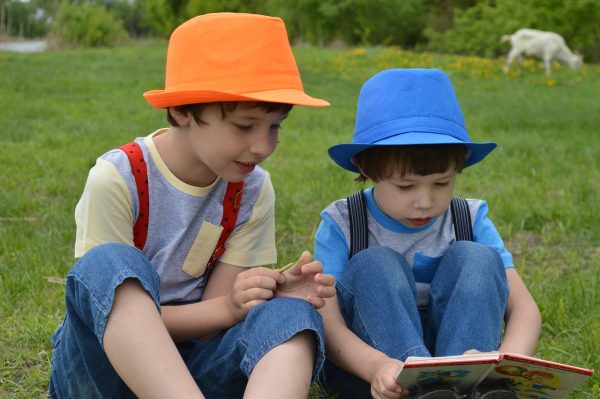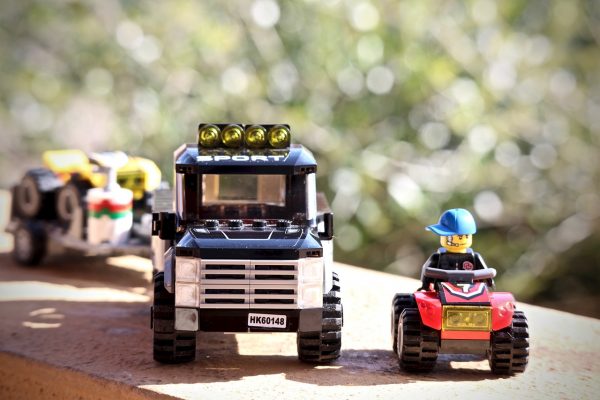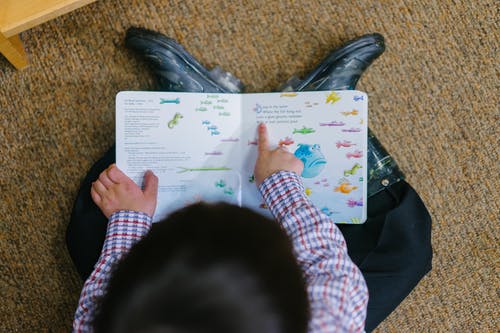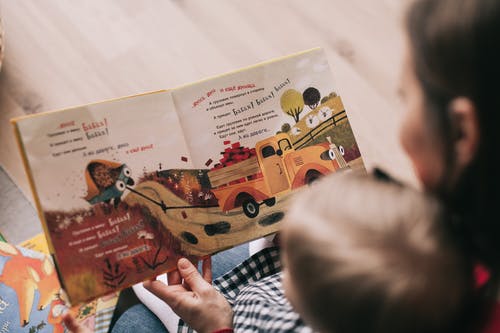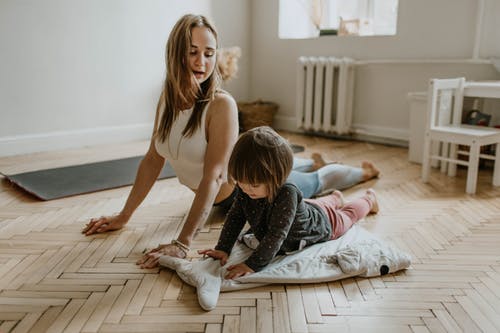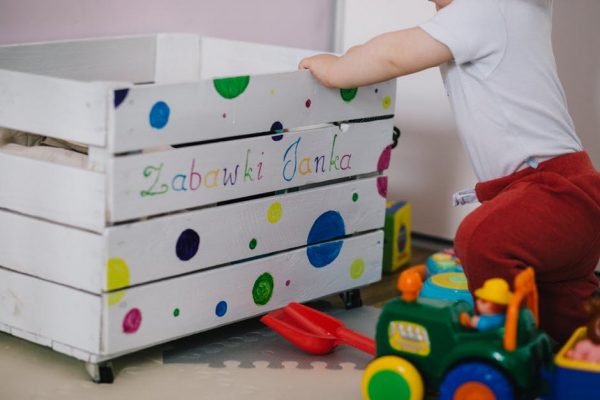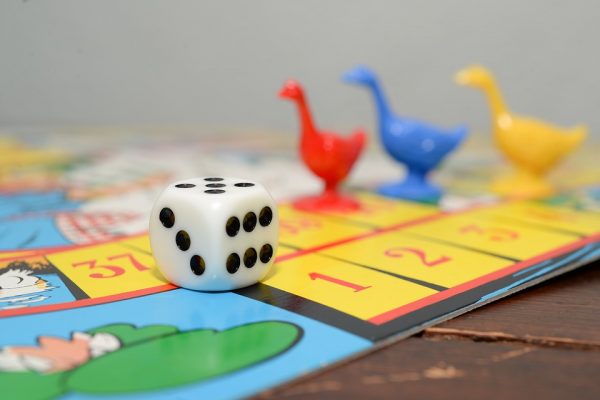Being positive is so much more than just ‘pretending’ that things are fine; it allows us to train our brains to be strong so that we can cope better when times get tough. Times like now. To help your children and yourself keep your mental wellbeing intact during this global pandemic, we want to introduce you to positive affirmations for children. Here is how to teach your children about the power of positivity!
What are Positive Affirmations for Children?
Positive affirmations for children (and mantras) are important tools that children can use to support themselves. They help them develop a healthy sense of self as well as a positive mental-social-emotional mindset.
Put simply, positive affirmations are short, positive statements such as “I am strong” and “I am able.” Affirmations then become mantras when they are repeated over and over to oneself, out loud or silently.
When accompanied by imagining themselves as they are declaring, over time, these statements will become beliefs. Children will believe that they are strong, confident, and able to take on any challenge which, as you can imagine, is great for their wellbeing and self-esteem.

How to Teach Positive Affirmations for Children
Helping our children to use positive affirmations is important, especially now, as it teaches them not only to do their best but to feel good about their efforts. Just like teaching them the importance of eating healthy and exercising, it’s essential that they learn how their thoughts can also shape how they feel and behave.
Here’s how to teach positive affirmations for children:
1. Affirm them yourself
We all tend to hold on to negative or stressful thoughts and experiences, so try to make positive ones more prominent instead. You can do this by looking into your children’s eyes daily or weekly and affirming them with positive statements like “you’re amazing” and “you’re loved so much.” Try to also concentrate on your children’s unique strengths and personality traits instead of what they do or what you expect. And always hug your children to release that all-important oxytocin!
2. Teach children to notice
When helping to use positive affirmations for children, we first need to find out if there are any negative ones that are already going on. Ask your children if they have any negative thoughts. During this difficult time, they may feel scared or think that they can’t concentrate or they are not good enough so it’s important that you help them notice when this pattern of thinking is taking place.
To help explain that negative inner voice to children, compare repetitive thoughts to a song that they may have had stuck in their heads. Help them understand that if they want to change the song, they can. They can just skip it or decide on a song that they like instead. The important thing to emphasise here is that everybody has these negative thoughts or ‘songs’ stuck in their head sometimes and that’s okay. When they notice that they are sad or that they are thinking negatively, then it’s important to find a thought or song that makes them feel happy instead.
For more guidance during this difficult time, see more from us here:
3. Create an affirmation board
Visualisation is essential to help your children turn their affirmations into beliefs, so help them learn this technique. The best way to do this is to create an affirmation board!
On their board, encourage them to write/draw positive things that they believe about themselves as well as things they can’t do yet but want to learn. When they have their board, you can then help them to practice not only saying the positive affirmation but also visualising themselves showing that particular quality or completing that goal (e.g. reading well, building the best lego model etc).
This may sound hard and it will take some work at first, but it is more than worth it. This activity allows children to disengage with negative thinking and attune instead to a positive affirmation. Over time, instead of just imagining, they will feel it in their whole being and you’ll see how empowered they are because of it.

4. Draw affirmations on the mirror
Whether you use sticky notes or washable pens, getting your children to place or draw their affirmations on the bathroom mirror is a great way to make this activity fun. Not only that but every time they look in the mirror, they will see more than just their physical appearance. Subconsciously, their notes and drawings will remind them of all the ways they matter and make a difference in the world.
5. Make your affirmations into songs
We all learn quickly by singing songs so help your children create their own. They can then sing these every day to feel more energised and motivated and most importantly, positive!
This is also a great opportunity to teach them how to change their negative thoughts into positive ones. If they have a negative thought such as “I’m scared,” help them change this by making up your own song about how they are strong and how they can defeat their fears.
6. Add movement to make it fun
Positive affirmations for children need to be engaging so add in some movement to make it fun! You can make up your own dance or get them to act out physically what they are choosing to do mentally. Not only will it motivate your little ones to do their positive affirmations every day, but it will also help them focus and remember them too.
7. Be creative with activities
Get creative with how you can introduce positive affirmations for children into their daily lives.
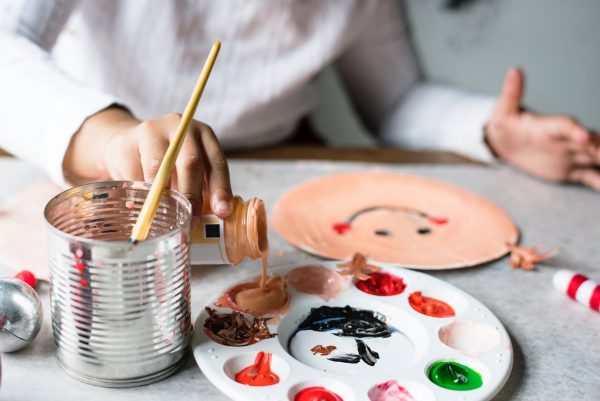
A great activity to help your children learn to treasure themselves is to create your own treasure chest of goodness. You can build a chest together and paint and decorate it with the words “I am” on the top. When this is done, you then need to create the treasure. Cut coin shapes out of cardboard and help your children write positive affirmations on each one such as “I an kind,” “I am helpful” or “I am a good brother/sister.” On the other side of the coins, get them to write down or draw a picture of a real-life example of when they lived this value (such as “I helped to lay the table for dinner”). This will help them truly believe these affirmations.
8. Learn from other experiences
Use the stories from the Big Life Journal or the Famous Failures Kit to help children learn from others’ experiences. You can ask them how they think these people felt during their hardest moments and what affirmations they must have used to help them get back up and moving towards their goals.
Children are very empathetic naturally, so use stories to help them understand positivity and how it can help to overcome times of failure. Children shouldn’t be afraid or ashamed of failure, so help them understand how it is an essential part of the journey.
Read: Why it is Essential to Encourage a Growth Mindset in Your Children
9. Explore “what ifs?” at storytime
Storytime is a time of family bonding but it is also an excellent opportunity for our children to reflect and learn. Since we are experiencing a very difficult time, try to find an adventure book where the main character has an obstacle to overcome or a specific goal to achieve. You can use this then to reflect with your child and to come up with different ways the story could change depending on what the character chooses to say to themselves. Explore “what if?” scenarios and help your child learn that positivity is important if we are to get through challenges.
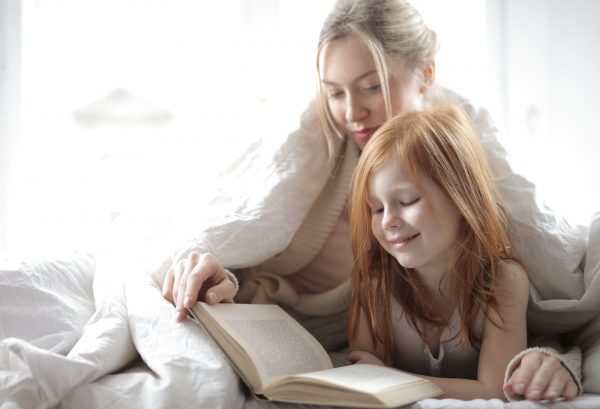
Make positivity a part of your family routine
When children are struggling, it’s essential that we validate their feelings and help them to think positively so that they can help themselves feel better. As parents, we can contribute greatly to teaching them to see the good in people and the events around them, however, it is essential that they learn to self regulate. Using these positive affirmations for children, you can help foster greater self-confidence and a sense of belonging in the world, both of which are essential for their wellbeing as they move through life.
At Schoolhouse Daycare, we enjoy learning, encouraging confidence and we love life! If you think your child would enjoy life at Schoolhouse, then please do not hesitate to arrange a visit.
Need more help or advice? Find more from us here:







